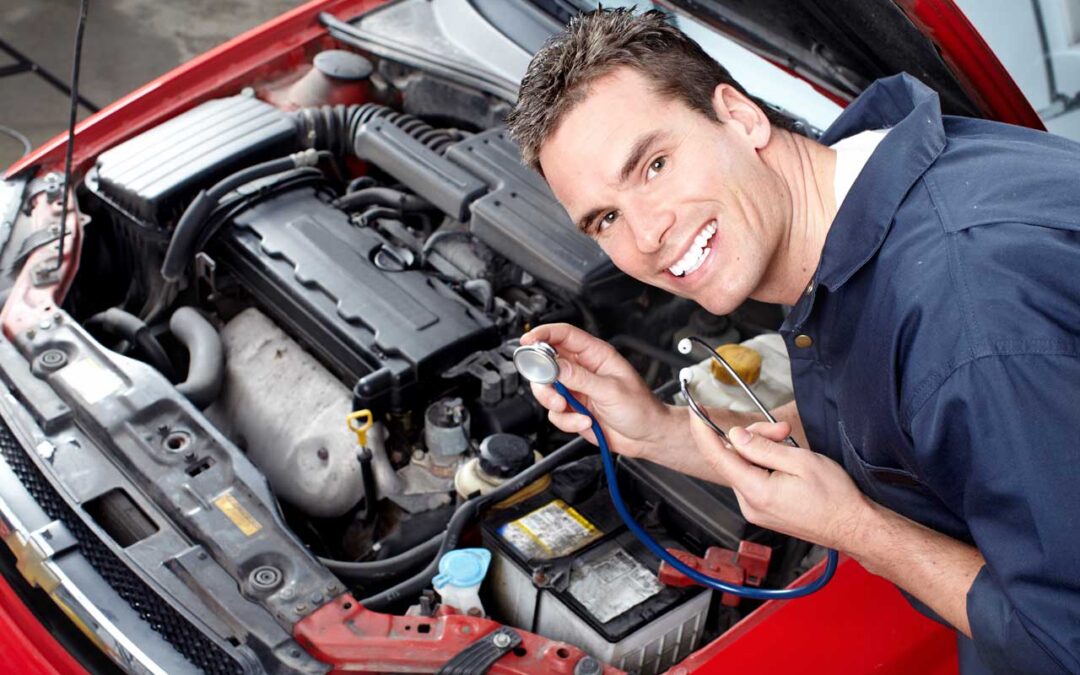How to Sniff Out a Good Auto Repair Service Provider
It can be difficult finding a good auto repair service. We know because we’re in the business of auto repair. We know how our competitors do things, and we like to do them a little differently. That’s why we have compiled this top 10 list of tips on finding good auto repair service. We know we fit the bill, and you deserve to know what to look for.
1. Keep your vehicle owner’s manual close
Your service manual is provided to you for a reason. It organizes all of the pertinent information specific to your vehicle’s make and model. It can sometimes lead to an answer to your car service questions.
2. Decide between an independent garage or your dealership’s service station
Dealership technicians are manufacturer-trained specialists that work exclusively on your make of vehicle. However, it is the most expensive route and it doesn’t necessarily mean that they are the best. In fact, most independent corner garages hire technicians that used to work directly for the dealerships.
3. Keep your service records in order
You may have a tendency to throw away that receipt once you get your car serviced, but keeping meticulous records on what’s been done on your vehicle can benefit you greatly in the future. It can help your current mechanic diagnose your vehicle’s needs.
4. Check if the technician is trained on your specific vehicle make
From brand to brand, each car and truck has unique characteristics especially nowadays. Updates on vehicle safety has brought with it special tools and procedures. It’s best to see if your technician is privy to them.
5. Ask about labor and pricing rates
Most shops bill according to repair times established by the manufacturer. Just take a look at your estimate and make sure to check the labor rates for discrepancies.
6. Ask questions
Don’t be afraid to ask questions about a repair. If you think something is fishy, it probably is. A good technician will take the time to explain the details of the repair to you in an educated manner.
7. Request OEM parts
OEM parts, or factory original parts, are specified for your vehicle for a reason. They are more expensive, but take the time to weigh the options of going with aftermarket.
8. Is the mechanic A.S.E. certified?
The National Institute for Automotive Excellence keeps up with vehicle standards, and provides rigorous tests to prove the mechanic’s personal excellence in the field. Your neighbor that works on his own cars frequently would not be able to pass these tests.
9. Ignore the 100,000 mile tune-up myth
Once again, check your owner’s manual! Each vehicle is different, and requires a tune-up at different intervals.
10. Look out for warning signs
If your mechanic can’t look you in the eye when providing you with an estimate, it’s a red flag. Look for warning signs of a greedy technician. They’re easy to spot.

